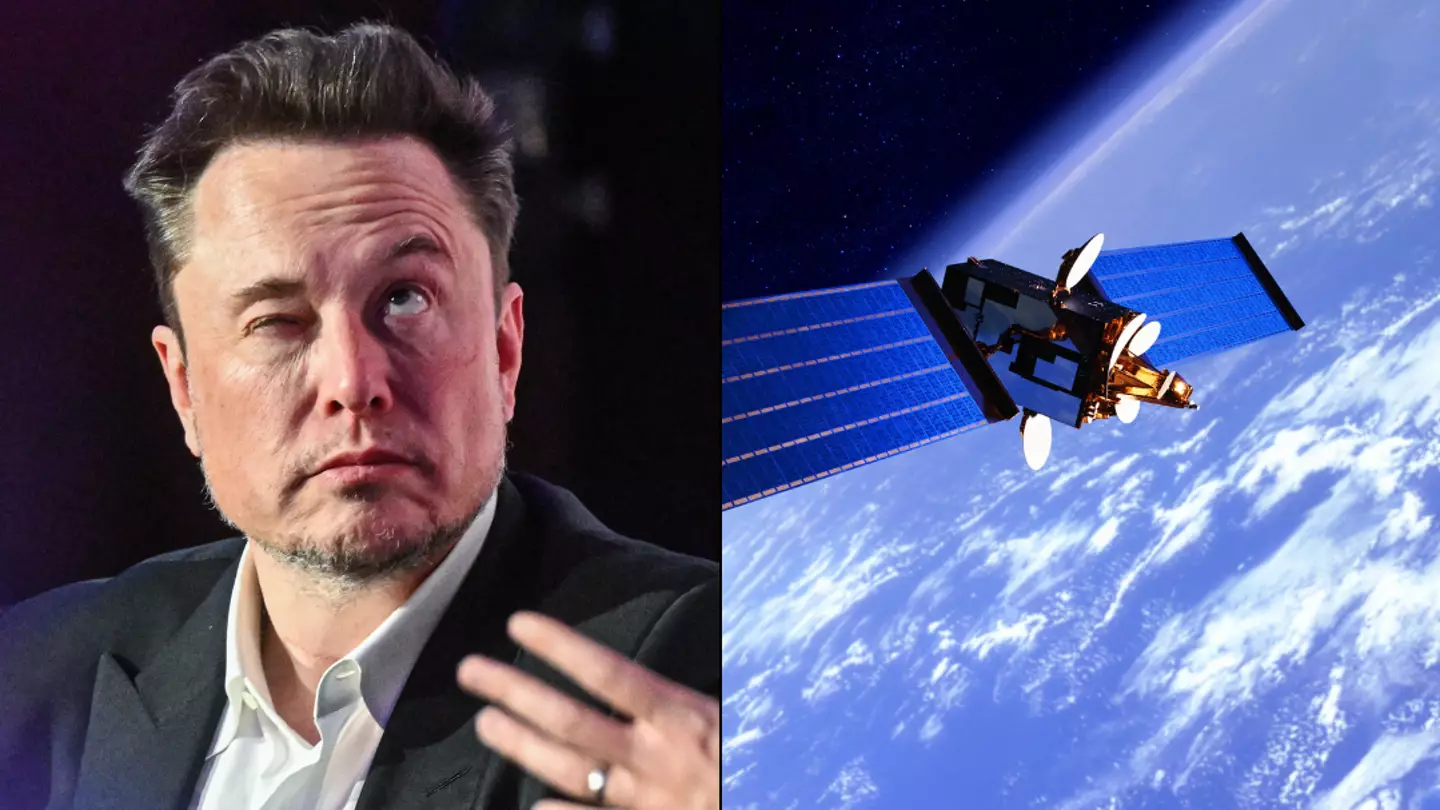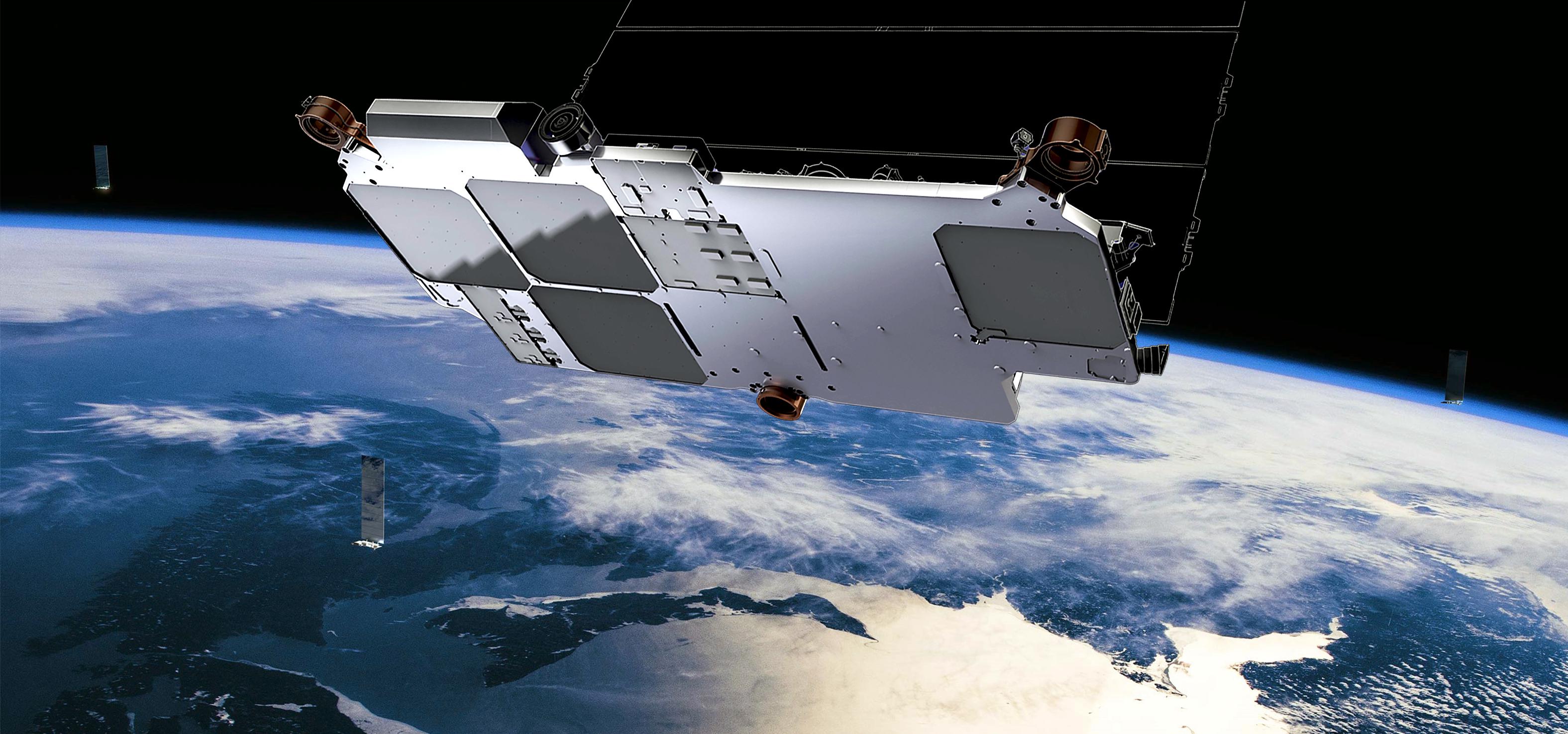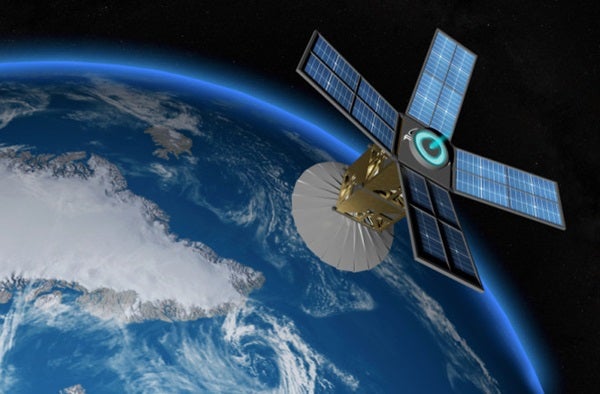SpaceX’s Starlink and other mega-constellations of satellites could damage the atmosphere in ways we don’t yet understand, scientists say.
The number of satellites in Earth’s orbit has skyrocketed from about 1,000 in 2010 to more than 10,000 today. According to a government report, an additional 58,000 satellites could launch by 2030, largely from SpaceX, OneWeb, Amazon, and the Chinese government — all to connect the entire planet to the internet.
Research suggests the ozone layer that protects us from powerful solar radiation could be at stake.
About 100 scientists signed a letter in October asking the Federal Communications Commission, which regulates satellite launches in the US, to pause mega-constellations.
“We should look before we leap,” the letter reads, adding, “The environmental harms of launching and burning up so many satellites aren’t clear.”
Elon Musk — who sits at the helm of the world’s dominant satellite constellation, Starlink — has publicly criticized some regulations affecting his companies and has positioned himself to push against regulation with the new Trump administration.
Starlink accounts for more than half of the 10,560 active satellites as of November 15, according to tracking by the Harvard astronomer Jonathan McDowell. SpaceX has filed for permission to fly 30,000 more satellites.
SpaceX did not respond to a request for comment.
Satellites burning up in the atmosphere
Studies have found that rocket launches, such as those that put satellites into space, emit pollutants like carbon dioxide and black carbon, which could trigger processes that deplete Earth’s protective ozone layer.
That’s just the launch. Most satellites eventually fall out of orbit because of malfunction or because they’re reaching the end of their lives. This “reentry” prevents dead satellites from becoming dangerous, uncontrollable space junk, but it also causes them to burn up as they plow through the atmosphere, releasing metals like aluminum.
Due to the sheer number of satellites expected to fly, die, and re-enter in coming years, future mega-constellations could inject 21 times more aluminum oxides into the upper atmosphere than 2022 rates, according to a paper published in the Geophysical Research Letters in June..

Aluminum oxides can linger for decades and cause “significant ozone depletion,” the researchers wrote.
There may also be impacts scientists have not yet discovered — “unknown unknowns,” Nilton Renno, an atmospheric scientist who co-signed the letter, told BI.
An accurate prediction of all possible impacts “should be the basis for any relevant policy,” Joseph Wang, a coauthor of the aluminum-oxides paper and a professor of aerospace and mechanical engineering at the University of Southern California, told BI in an email. At the moment, no such prediction exists.
For now, satellites are small potatoes compared to pollution from other industries. It’s unclear how quickly their impact will balloon.
Another study found that about 10% of aerosol particles in the stratosphere contain metals from satellites and other spacecraft, and that amount could increase to about 50% in the next few decades.
There’s no environmental review for mega-constellations
The 100-scientist letter asks the FCC to pause new satellite launches, conduct environmental reviews under the National Environmental Policy Act (NEPA), and end a rule that excludes satellites from those review requirements.

The letter says the exclusion “offends common sense,” given the number of satellites in play.
In a 2022 report, the US Government Accountability Office also recommended that the FCC reassess the exclusion.
Indeed, an FCC spokesperson told BI that the agency plans to review its NEPA rules, which would include the satellite exclusion. That’s because the Council on Environmental Quality updated government-wide regulations for implementing NEPA in May.
If the FCC finds that large satellite constellations significantly affect the human environment (such as Earth’s atmosphere), it may have to start requiring environmental reviews.
Michelle Hanlon, the executive director of the Center for Air and Space Law at the University of Mississippi School of Law, agrees that more studies are needed but doesn’t think that stopping satellite launches should be the solution.

“We can shut down the American space industry and there’s still going to be launches,” she told BI.
Musk’s anti-regulation campaign
The incoming Trump administration may not be the most environmental-review-friendly, given Musk’s anticipated role in it.
“There is a lot of waste and needless regulation in government that needs to go,” Musk wrote on X after Trump announced a plan for the billionaire CEO to lead a new Department of Government Efficiency.

Musk and SpaceX have already clashed with regulators over environmental reviews. In September the company published a strongly worded statement about the Federal Aviation Administration’s review requirements for operations in Texas, where its next-generation Starship rocket is based.
Then, in October, SpaceX sued the California Coastal Commission, an environmental regulator, after it blocked the company’s request for additional launches. SpaceX alleged the commission had made the decision based on political bias.
Without an environmental review, it’s unclear what the impact of SpaceX’s Starlink plans will be.
